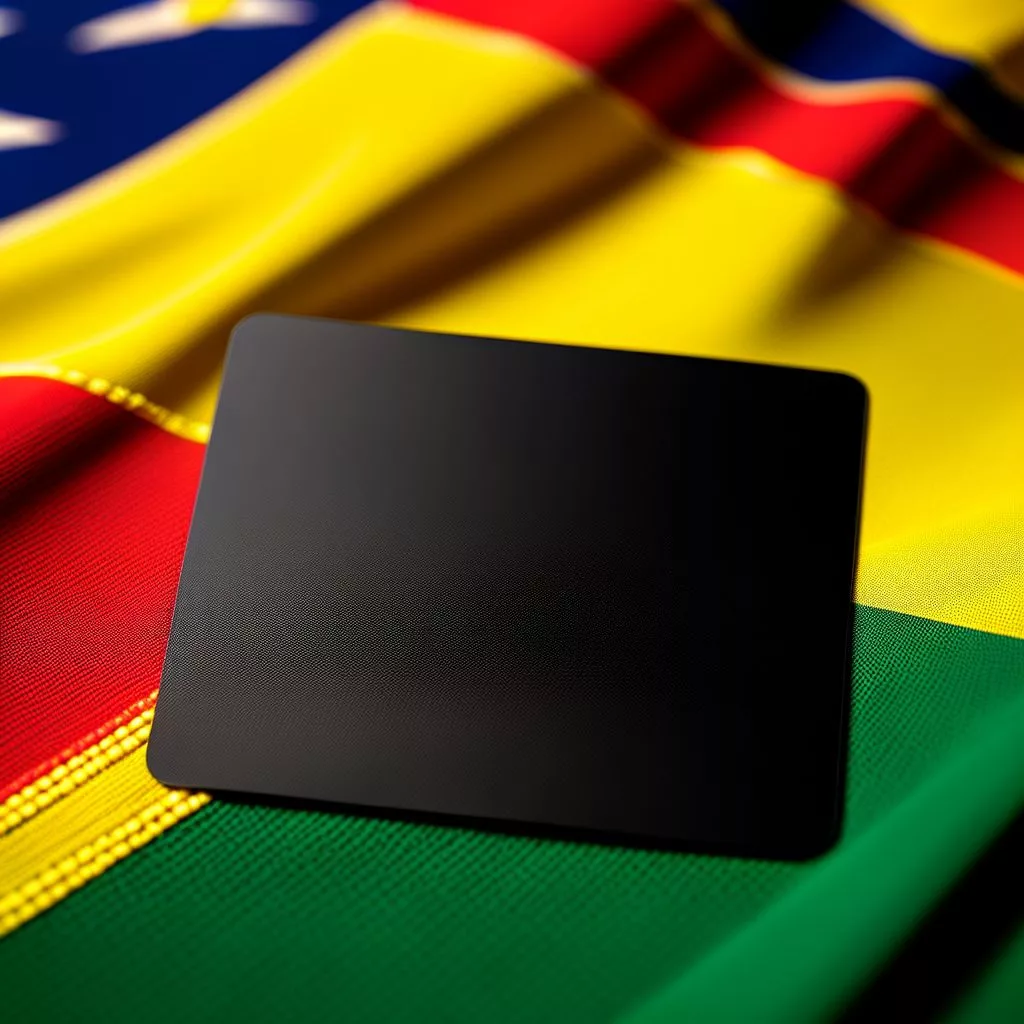Gene Hackman, a giant of cinema, has passed away at 95, leaving a big hole in Hollywood. Known for unforgettable roles like Detective Popeye Doyle in “The French Connection,” Hackman’s talent and passion inspired many in the film world. He spent over 60 years acting, winning two Oscars, and later turned to writing, finding joy in creating stories away from the spotlight. His legacy is filled with powerful performances that continue to touch hearts, reminding us of the art of storytelling and the depth of human experience. Though he is gone, his remarkable contributions to cinema will live on forever.
What is Gene Hackman’s legacy in cinema?
Gene Hackman’s legacy in cinema is defined by his remarkable versatility and dedication to acting, showcased in iconic roles like Detective Popeye Doyle in “The French Connection” and his Academy Award-winning performance in “Unforgiven.” His contributions to film continue to inspire future generations of actors and filmmakers.
A Somber Farewell to a Hollywood Titan
Gene Hackman, a towering figure in the world of cinema, has left a void in the industry with his passing at the age of 95. Alongside his wife, classical pianist Betsy Arakawa, Hackman’s departure marks the end of an era. The couple’s peaceful passing at their home in Santa Fe, New Mexico, confirmed by local authorities, came with assurances that the community faced no danger. Though their loss is deeply felt, the circumstances surrounding their deaths highlight the couple’s enduring bond, even in the face of mortality.
Sheriff Adan Mendoza of Santa Fe County acknowledged the ongoing investigation but reassured the public that no foul play was suspected. This news brings a moment of reflection on Hackman’s immense contributions to film and the indelible impact he left on audiences and colleagues alike. The couple’s beloved pet also passed away, adding another layer of sadness to this already somber occasion.
Hackman’s life and career serve as a testament to the power of passion and perseverance. As Hollywood mourns, the focus turns to celebrating the body of work he left behind, a collection of performances that will continue to inspire and entertain for generations to come.
A Career Defined by Excellence and Versatility
Gene Hackman’s illustrious career spanned over six decades, characterized by his dedication to the craft of acting and his remarkable versatility. His iconic role as Detective Popeye Doyle in “The French Connection” (1971) not only earned him an Oscar for Best Actor but also set a benchmark for gritty realism in cinematic portrayals of law enforcement. Hackman’s intense and authentic performance in the film continues to influence the genre, a testament to his lasting impact on the industry.
His role in “Unforgiven” (1992), directed by Clint Eastwood, further cemented his legacy as a masterful actor. In this film, Hackman’s portrayal earned him a second Academy Award, this time for Best Supporting Actor. These performances, along with others throughout his career, showcase Hackman’s ability to embody a wide range of characters with depth and nuance, solidifying his status as one of Hollywood’s most versatile actors.
Born in 1930, Hackman’s journey to fame was anything but ordinary. At the age of 16, he enlisted in the Marine Corps, an experience that instilled in him a strong sense of discipline and determination. These qualities would later define his approach to acting, as he transitioned from military service to the stage, honing his skills at the Pasadena Playhouse alongside future star Dustin Hoffman.
A Personal Life Shrouded in Privacy
Despite his fame, Hackman managed to keep his personal life relatively private, a feat not easily accomplished in the public eye. His marriage to Betsy Arakawa in 1991 exemplified this commitment to privacy. The couple, who met in the 1980s, shared a quiet yet profound bond, largely away from the spotlight. Betsy embraced her role as a stepmother to Hackman’s children from his previous marriage to Faye Maltese, providing a stable and nurturing environment for the family.
Hackman seldom discussed his family life publicly, acknowledging the inherent challenges of balancing fame with fatherhood. In reflective moments, he admitted to the difficulties his children faced due to his career and his absence during their formative years. This candidness offered a glimpse into the personal sacrifices often required in the pursuit of professional success.
In their later years, Hackman and Arakawa found joy in simple routines, such as their weekly tradition of enjoying Comedy Channel marathons together. These intimate moments, shared with loved ones, reveal a side of Hackman that contrasted sharply with his public persona, offering fans a rare insight into his life off-screen.
From Spotlight to Solitude: Hackman’s Artistic Evolution
Gene Hackman’s decision to step away from acting in his later years marked the beginning of a new chapter in his artistic journey. His final on-screen appearance in “Welcome to Mooseport” (2004) signaled the end of an era for the actor, though he did not formally announce his retirement until 2008. Instead of seeking the spotlight, Hackman chose to explore the solitary craft of writing novels, a pursuit he found both fulfilling and creatively liberating.
In interviews, Hackman often compared the solitude of writing to the immersive nature of acting. This transition from performing to writing allowed him to maintain control over his creative output, a freedom he cherished as he crafted stories on the page. His foray into literature underscores his multifaceted artistic inclinations and his desire for continuous exploration beyond the silver screen.
As the world reflects on Hackman’s extraordinary career, his legacy as a storyteller remains unparalleled. Through his films and writings, he captured the essence of the human experience with authenticity and emotional depth, leaving an enduring impact on audiences worldwide.
Celebrating a Legacy of Cinematic Excellence
Gene Hackman’s contributions to cinema extend far beyond his memorable performances. His work serves as a masterclass in the art of acting, with each role offering insights into the complexities of human nature. From the morally ambiguous characters of the New Hollywood era to the nuanced portrayals in his later years, Hackman’s body of work continues to resonate with audiences, providing a window into the human condition.
As tributes pour in from colleagues and fans alike, Hackman’s influence on the art of filmmaking is evident. His dedication to authenticity and his ability to convey deep emotional truths have set a standard for future generations of actors and filmmakers to aspire to. Hackman’s legacy, defined by brilliance and dedication, will undoubtedly inspire future storytellers to push the boundaries of their craft.
In remembering Gene Hackman, we celebrate not only his remarkable career but also the lasting impact of his work on the world of cinema. His legacy of cinematic excellence endures, offering inspiration and insight to those who follow in his footsteps. Through his roles and his writings, Hackman leaves behind a rich tapestry of stories that will continue to captivate and move audiences for years to come.
FAQ: The Legacy of Gene Hackman
What is Gene Hackman’s legacy in cinema?
Gene Hackman’s legacy in cinema is defined by his remarkable versatility and dedication to acting, showcased in iconic roles like Detective Popeye Doyle in “The French Connection” and his Academy Award-winning performance in “Unforgiven.” His contributions to film continue to inspire future generations of actors and filmmakers.
What notable awards did Gene Hackman receive during his career?
Gene Hackman won two Academy Awards: one for Best Actor for his role in “The French Connection” (1971) and another for Best Supporting Actor in “Unforgiven” (1992). His performances in these films are celebrated as benchmarks of excellence in acting.
How did Gene Hackman transition from acting to writing?
After stepping away from acting, Gene Hackman pursued a career in writing, finding fulfillment in creating stories away from the spotlight. He compared the solitude of writing to acting’s immersive nature, enjoying the control it gave him over his creative output.
What was Gene Hackman’s personal life like outside of his career?
Despite his fame, Gene Hackman maintained a relatively private personal life. He married classical pianist Betsy Arakawa in 1991, and together they shared a quiet life away from the limelight. He also acknowledged the challenges of balancing fame with fatherhood and focused on creating a nurturing environment for his family.
How did Gene Hackman’s military service influence his acting career?
Gene Hackman enlisted in the Marine Corps at the age of 16, an experience that instilled in him a strong sense of discipline and determination. These qualities later defined his approach to acting, helping him embody a wide range of characters with depth and authenticity.
What impact did Gene Hackman have on future generations of filmmakers and actors?
Gene Hackman’s dedication to authenticity and ability to convey deep emotional truths have set a standard for future generations of actors and filmmakers. His body of work, characterized by powerful performances and storytelling, continues to resonate with audiences, serving as a masterclass in the art of acting.









